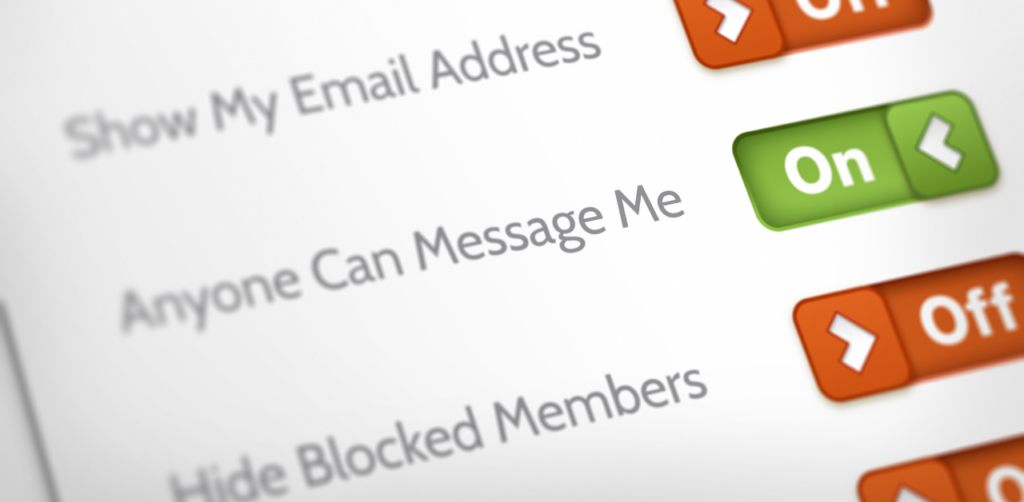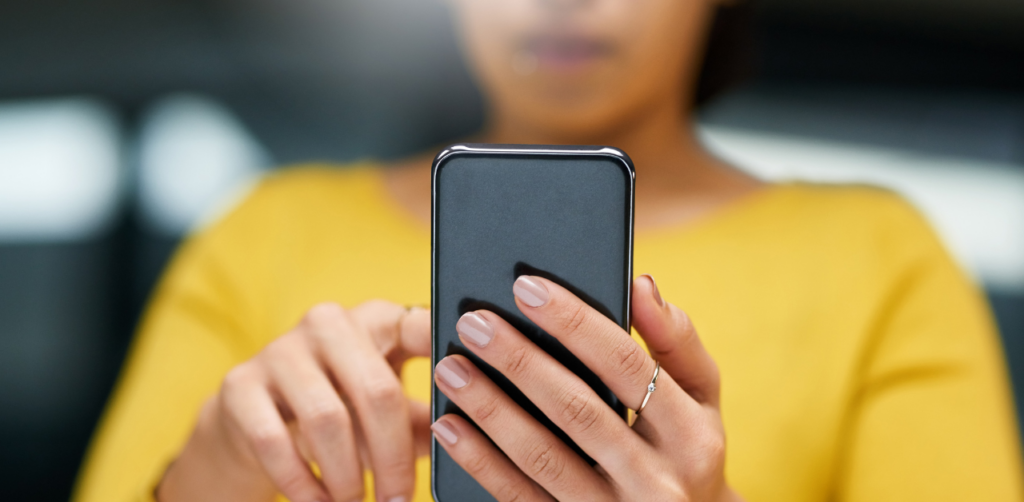
Social media usage has changed the management of personal injury claims. It gives a glimpse into people’s daily lives. Even seemingly harmless posts impact legal cases. Defense attorneys often check social media to find evidence that could affect a case. Posts about activities, updates, or photos can raise doubts about an injury victim’s claims. This can hurt an ongoing personal injury case.
This guide shares insights on how online activities hurt injury claims and lawsuits. We also talk about how insurance companies and defense lawyers use these posts. They challenge claims for fair compensation and lost wages. Injury victims need to be cautious when posting online. Even innocent posts or vague statements can impact legal matters.
How Social Media Can Be Used as Evidence
Social media platforms like Facebook and Instagram let us share daily moments but can also affect a personal injury claim. Insurance companies and defense attorneys often review your social media posts—photos, comments, and status updates—to find evidence that might impact your personal injury lawsuit. Every post may influence legal proceedings and the compensation you receive.
Because your social media activity is monitored, it is important to exercise extreme caution. Posts showing you enjoying physical activities or social events can raise doubts about the severity of your injuries. In a personal injury lawsuit, such posts may be used by insurance adjusters or defense lawyers to question your stated limitations, possibly leading to reduced settlement offers.
To protect your claim, avoid discussing any details of your injury online. Inform family members and friends not to post information about your case. Keeping your social media accounts private and refraining from posting personal details can help ensure that everyday online activity does not negatively affect your ongoing personal injury claim.
Legal Considerations and Authentication
For social media content to be admitted as evidence, it must pass certain legal standards:
- Relevance and Materiality: The evidence must directly relate to the issues in the case. Courts examine whether a post or message is pertinent to establishing key facts.
- Authenticity: Investigators must demonstrate that the content is genuine. This often involves establishing a transparent chain of custody, verifying user accounts, and sometimes using digital forensics to prove that the content hasn’t been altered.
- Hearsay Exceptions: Although many social media posts are considered hearsay, they can be admissible under certain exceptions. For instance, a post that is deemed a “state of mind” statement may be allowed if it directly reflects the user’s intent or knowledge.
- Privacy and Consent: Social media data collection must comply with privacy laws and regulations. Evidence obtained without proper authorization may be challenged or excluded.
Why Adjusting Privacy Settings Matters

Privacy settings help protect your social media content during a personal injury claim. While they can limit who sees your social media posts, they do not guarantee protection from legal proceedings. Defense attorneys and insurance companies can still access your social media accounts if the content is relevant to your case.
It’s also wise to turn off location tracking on social media platforms to keep private information from being used against you. Even with privacy settings, take extra steps to protect your case.
Potential Consequences of Deleting Posts
If you delete content after filing a personal injury claim, the other party may accuse you of trying to hide evidence. Even seemingly innocent posts, removing it could make it look suspicious in legal proceedings.
Moreover, deleting a post doesn’t mean it’s gone forever. Insurance companies and defense attorneys often take screenshots of social media content before it’s removed. If recovered, deleted posts could be used against you in court.
The best approach? Avoid posting anything that could be damaging rather than deleting it later.
Best Practices for Social Media Use During a Personal Injury Claim

Social media is a big part of everyday life, but it can hurt your personal injury case if you’re not careful. Insurance companies and opposing attorneys look for anything they can use against you. A simple post or photo could be twisted to downplay your injuries or shift blame. Here’s how to protect yourself online while your case is ongoing.
1. Limit Social Media Use
The safest approach is to avoid posting at all until your case is resolved. Anything you share—photos, location check-ins, or even casual comments—can be taken out of context. If staying off social media isn’t an option, be extra cautious about what you post.
2. Think Before You Post Pictures
A single photo can be misleading. For example, if you claim serious injuries from a car accident but post a picture of yourself at a social event, it may raise doubts about your condition. Avoid posting anything seen as reckless behavior or contradicting your injury claims.
3. Watch What Others Tag You In
Friends and family might tag you in posts or pictures that could harm your case. Ask them not to mention you or tag you in anything while your claim is ongoing.
4. Be Careful with Comments and Reactions
Even a simple “like” or comment on someone else’s post could be used to question your credibility. Avoid engaging with posts related to your accident, injuries, or legal matters.
5. Stay Away from New Friend Requests
Opposing attorneys and insurance companies sometimes create fake profiles to gain access to your social media. Be cautious about accepting friend requests from people you don’t know.
6. Don’t Delete Old Posts Without Legal Advice
If you already have posts that might affect your injury claim, don’t delete them right away. This could be seen as tampering with evidence. Talk to your attorney first about how to handle past content.
7. Follow Your Attorney’s Guidance
Your lawyer understands how social media can affect your case. Follow their advice to avoid mistakes that could hurt your claim. When in doubt, stay off social media until your case is settled.
Protect Your Case: Be Mindful of Your Digital Presence
The digital footprints you leave affect your personal injury claim. By following these tips, you can use social media wisely and protect your legal outcomes. Remember, being safe than sorry with social media during a personal injury claim is better.
At THE702FIRM Injury Attorneys, we know how social media content impacts your case. Our Las Vegas personal injury attorneys will guide you through the legal process and help you fight for fair compensation. If you have an ongoing personal injury claim, call us today for a free consultation. Your online activity shouldn’t cost you the justice you deserve.

